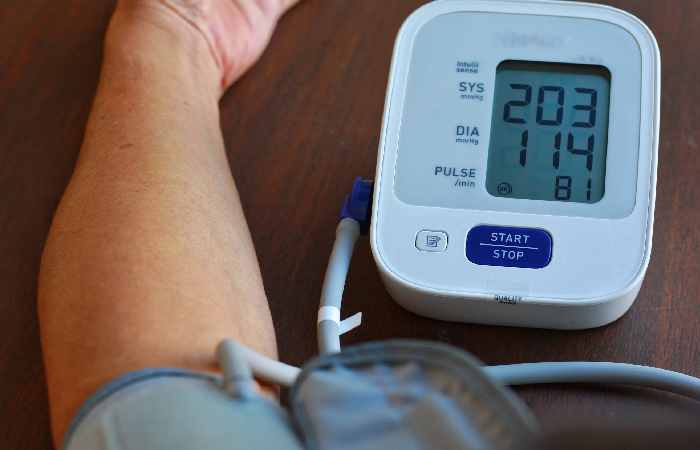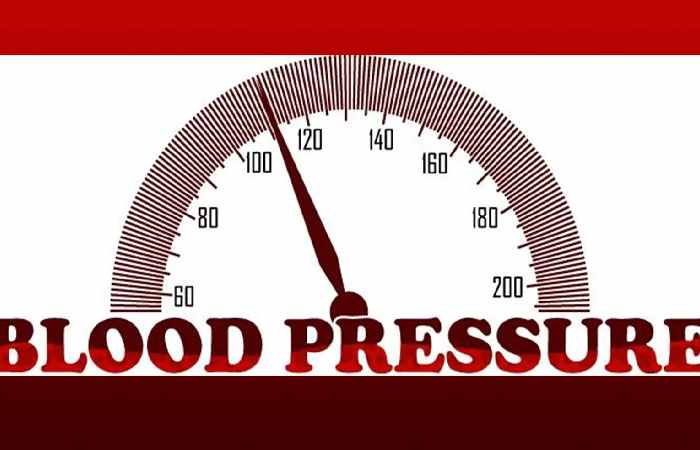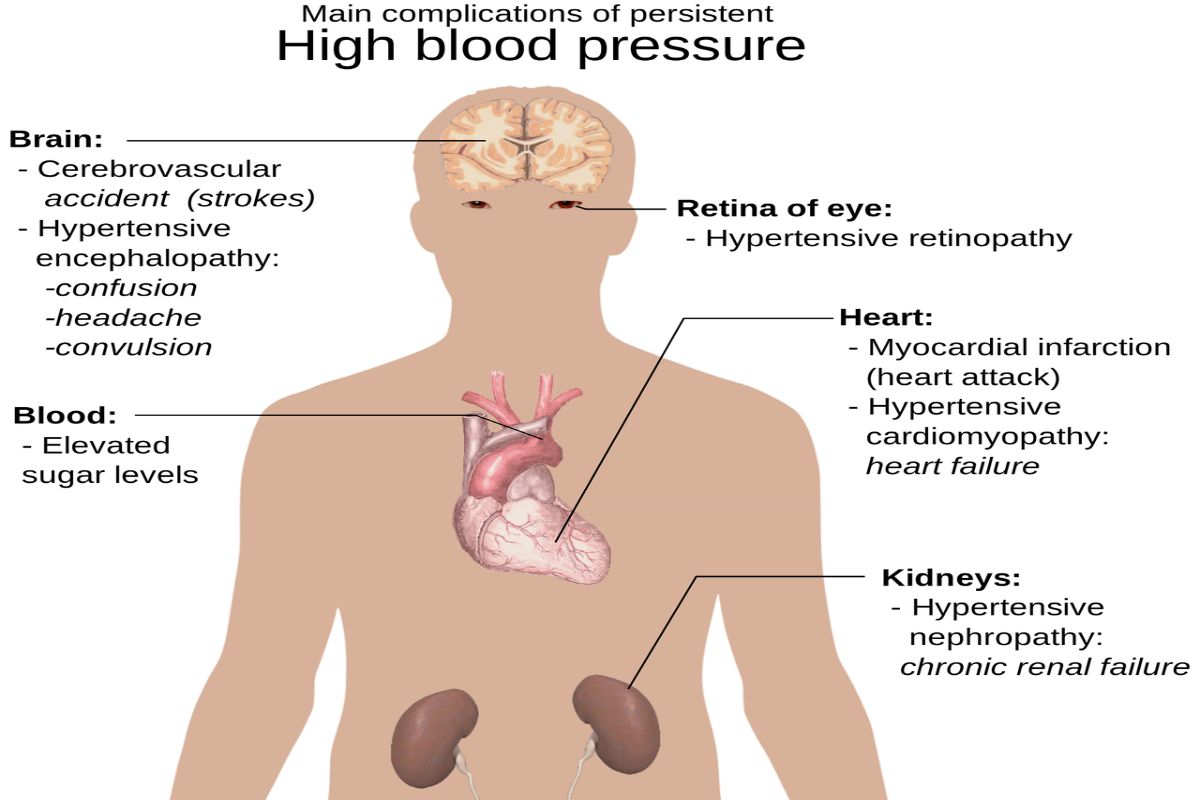Table of Contents
Introduction
High blood pressure is also recognize as hypertension. It is a measurement of the force blood pushes against artery walls as it travels through your body.
It’s normal for your to go up and down throughout the day, but you have high if it stays high.
Blood Pressure Consists Of 2 Numbers:
The first number measures the force when the heartbeats. It is called systolic pressure.
The second number measures the force when the heart relaxes. It is called diastolic pressure. For example, somebody with a systolic pressure of 120 and a diastolic pressure of 80 has a it of 120/80, or “120 over 80.”
The ideal for an adult is less than 120/80. You have high if your top number is 130 or higher, your bottom number is 80 or higher, or both.

What Are The Leading Causes Of High Blood Pressure?
In most cases, doctors can’t pinpoint the exact cause of high blood pressure. However, several things are known to raise blood pressure, with:
- Age: The risk of high rises with age. Until early middle age, is more common in men. In women, it is more likely to develop after menopause.
- Family background
- Being heavy or obese: The more you weigh, the extra blood you need to carry nutrients to your tissues. As the volume of blood increases, so does the against the arterial walls.
- Lack of physical activity: Inactive people tend to have a faster heart rate. This may increase the force of the blood against the arterial walls.
- Tobacco use: Tobacco use immediately increases temporarily. Also, the chemicals in tobacco can damage the lining of artery walls.
- Too much salt
- lack of potassium
- Lack of vitamin D
- drink too much alcohol
- Stress: High-stress levels can cause a temporary but drastic increase in high Blood Pressure.
- Certain chronic conditions: These include high cholesterol, diabetes, kidney disease, and sleep apnea.
Symptoms Of High Blood Pressure
High blood pressure can reason heart attacks, strokes, and other problems. It is named a “silent killer” because it usually doesn’t cause symptoms while it’s doing this damage. Maximum people don’t know they have it until they go to the doctor for some reason.
Actual high blood pressure can cause symptoms, such as headaches, dizziness, or nosebleeds, more often than usual. But these signs usually do not appear until they reach a serious stage. When these signs appear, could be life-threatening.
There are usually no symptoms; it is essential to measure your regularly.

How Is High Blood Pressure Treated?
Changing your lifestyle can help improve . If you have high , be sure to talk to your doctor about taking the following steps:
- Eat healthy foods like fruits, vegetables, whole grains, and low-fat dairy foods. Get a lot of potassium. Reduce the consumption of saturated and total fats.
- Reduce the salt in your diet. Try to maintain a salt intake of 1,500 milligrams per day. Many foods already cover a lot of salt. For example, look at the salt content of processed foods, such as canned soups or frozen dinners.
- Maintain a healthy weight If you’re heavy, losing even 5 pounds can lower your blood pressure.
- exercise regularly
- Limit alcohol. That means 1 drink a day for women and those over 65, and 2 a day for men.
- Do not smoke.
- Manage stress. Practice healthy coping techniques like muscle relaxation and deep breathing. Try to get a lot of sleep.
- Check your blood pressure at home.
Also Read: What Is Thyroid? – Introduction, Functions, Problems And More

